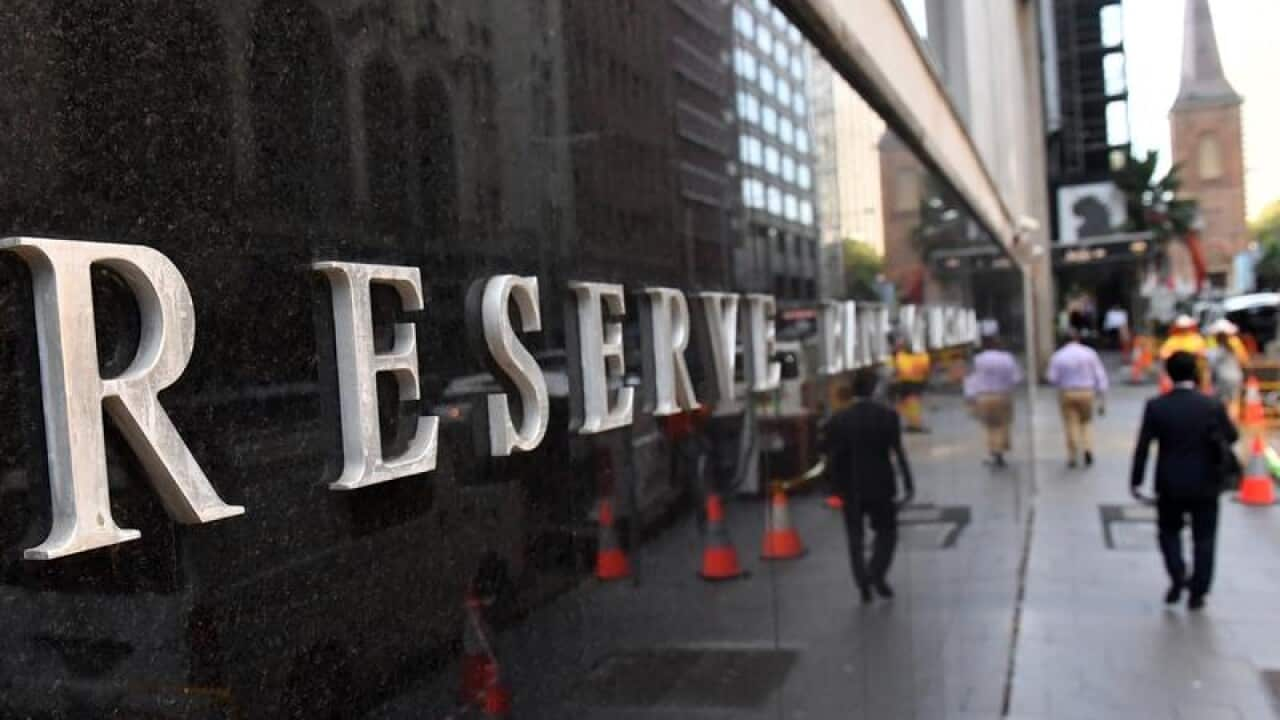The debate between the two men who want to be the nation's treasurer is always a key event in any federal election campaign, even if it doesn't always live up to the hype.
However, this time around there is an added twist with the Reserve Bank waiting in the wings with a potential interest rate cut this week.
Treasurer Josh Frydenberg and his Labor counterpart Chris Bowen will face-off at the National Press Club on Monday.
Mr Bowen can expected to be further grilled over his party's ambitious policy agenda - changes to negative gearing, stopping franking credits cash handouts, climate change action plans, to name but a few.
The coalition likes to label any Labor proposal a "tax" even if as in most cases they are not in the true sense of the term.
In total, the coalition claims the Labor Party will impose $387 billion of taxes on the economy - a hotly disputed figure that was concocted by Mr Frydenberg's office and one even Treasury secretary Phil Gaetjens has distanced himself from.
Even so, Mr Bowen and Labor Leader Bill Shorten have kept the total cost of their plan for government close to their chests.
Mr Shorten says Labor's campaign policy costings will be handed down towards end of this week and well after the Bowen-Frydenberg clash, which does suggest Mr Bowen's answers won't be a full as some may hope .
Much of the governing Liberal Party's campaign has centred on its economic management which has seen 1.3 million people join the workforce under its watch since coming to power in 2013.
It's also forecasting the budget coming back to surplus in the 2019/20 financial year, the first time it would be back in the black for the first time in over a decade, while pledging personal tax cuts in the coming years.
"All of this is only possible because we have a strong economy," Mr Frydenberg says.
However, if the Reserve Bank does cut the cash rate at Tuesday's monthly board meeting, it would tend to undermine that statement.
"If we do get an interest rate cut on Tuesday, as some are expecting, that will torpedo the government's economic management credentials," Mr.Bowen told Sky News on Sunday.
When the cash rate was cut to a 50-year low of 2.5 per cent in August 2013, the then coalition shadow treasurer Joe Hockey said it was because the "economy is struggling".
"If anyone thinks that the Reserve Bank acted today because the economy is doing really well, and Labor's doing a terrific job running the economy, they'd be deluding themselves," he said at the time.
Financial markets see a 60 per cent chance of a cut in the cash rate to 1.25 per cent from 1.5 per cent, which would mark the first change by the Reserve Bank since August 2016 and the first under central bank governor Philip Lowe.
Speculation of a cut followed last month's unexpectedly weak inflation report, house prices showing the biggest drop since the global financial crisis and demand for workers coming off the boil.
Mr Frydenberg is reluctant to talk about a potential rate cut, saying monetary policy decisions are up to the independent central bank.
Still, Dr Lowe and his board are presiding over the same economy that the treasurer is trying to talk up.

